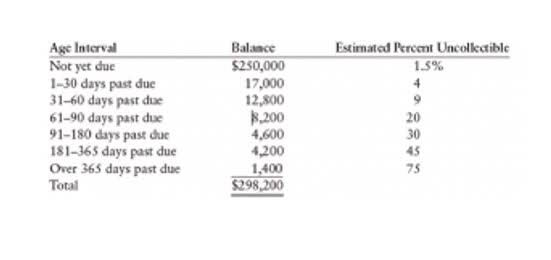Accounting for Medical Practices: Tips and Best Practices Bench Accounting

Individual practice preferences, needed levels of automation, and reporting requirements are frequently the deciding factors when deciding between them. Health care accounting includes a variety of terms that you might not find in general accounting—or they might have a different meaning. Understanding these terms, especially when starting a health care practice, can help health care providers better manage their finances and ensure accuracy in their financial statements. Health online bookkeeping care accounting is a form of accounting that focuses on the finances of health care practices and organizations.
A Relatively Painless Guide to Double-Entry Accounting

When you went to medical school, accounting probably wasn’t part of the curriculum. But now, as the owner of a medical practice, it’s one of many business functions you need to figure out. bookkeeping for doctors office Learn how to build, read, and use financial statements for your business so you can make more informed decisions.
- Password uniqueness is mandated; the re-use of passwords from personal accounts or elsewhere is prohibited.
- As a result, it’s fantastic to arrive at work every day without any backlog.
- So it’s no surprise that bookkeeping falls to the bottom of your to-do list.
- Unfortunately, they probably didn’t do as good a job of teaching you how to be a business owner.
Bookkeeping Best Practices for Your Doctor’s Office to Follow
Bookkeeping is precisely that—but it’s also another thing on your to-do list, another thing to learn and find time for. If you’re running your own Shopify store, you might need a better accounting solution. A (relatively) painless rundown of the double-entry system of accounting, and why your business should probably switch to it immediately. Get free guides, articles, tools and calculators to help you navigate the financial side of your business with ease.
Password Management

Open a dedicated business bank account for your medical practice to keep everything organized. This separation makes it easier to track income and expenses, file taxes accurately, and maintain a clear picture of your practice’s financial health. By managing personal and business finances separately, you can avoid errors and gain better insight into your practice’s profitability.

Neglecting Financial Analysis

Additionally, coding inaccuracies can lead to underbilling or overbilling, both of which have significant financial and legal implications. If you’re interested in outsourcing, you’ll need to find a reliable partner. You’ll need someone who understands the complex web of medical billing and regulations. Another important concept to grasp is the types of accounting you can use. You’re up against a billing system that grows more complex by the day. You’ve got insurance claims to make, medical codes to get right, and unpaid balances to chase.

Accounting and Bookkeeping Services for Doctors
- Doctors often provide services and go without the corresponding revenues for months, if they ever receive them at all.
- For the medical industry, accrual accounting is the most common form of bookkeeping.
- Thus, to offer effective bookkeeping and accounting in the healthcare industry, practices choose to outsource these tasks.
- Doctors often have little time to handle day-to-day accounting tasks due to their demanding schedules.
- Health care accounting creates accurate records, such as patient accounts, payroll, and time tracking.
- It involves creating budgets for your expected costs, comparing them to your actual numbers, and investigating the differences.
Managing finances is a key part of running a successful medical practice. From hiring an accountant for doctors to tracking income and using accounting software, these steps will help you stay organized. With good financial habits and regular reviews, you can maintain a strong financial foundation, allowing you to focus on what matters most – providing exceptional care for your patients. We understand that bookkeeping practices are not the same across all industries.
- When you partner with a professional accountant or bookkeeper, you will have more time to focus on patient care rather than struggling with the confusing business side of your practice.
- Open a dedicated business bank account for your medical practice to keep everything organized.
- Choose medical billing software that meets the needs of doctor’s offices like yours.
- If the practice requires detailed financial analysis and forecasting for growth planning, accrual accounting can provide a more comprehensive view of financial trends.
- You’ll need someone who understands the complex web of medical billing and regulations.
- Accurate records keep your practice in compliance with tax and healthcare regulations.
- Working with a specialized accountant for doctors can make a big difference.
- When you started your medical practice, you likely took on far more responsibility than you imagined.
- The more knowledgeable and reliable they are, the less that business will interfere with your day-to-day routine.
- Others offer comprehensive solutions like consulting and tax planning.
- The method is similar to accrual accounting, but billables and receivables are logged when paid, not received.
- At Invensis, we offer accounting and consulting services for the healthcare industry to aid doctors from various fields.
- To avoid poor payroll processing, medical practices can invest in a software system to better manage their office payroll.
Regular budgeting keeps your finances on track and allows you to allocate resources effectively. Whether you are starting your own medical practice or need help with an established one, don’t forget about your bookkeeping. There are several areas where you can cut costs to boost profitability throughout your practice. Removing any inefficiencies can turn your medical practice into a successful business.
